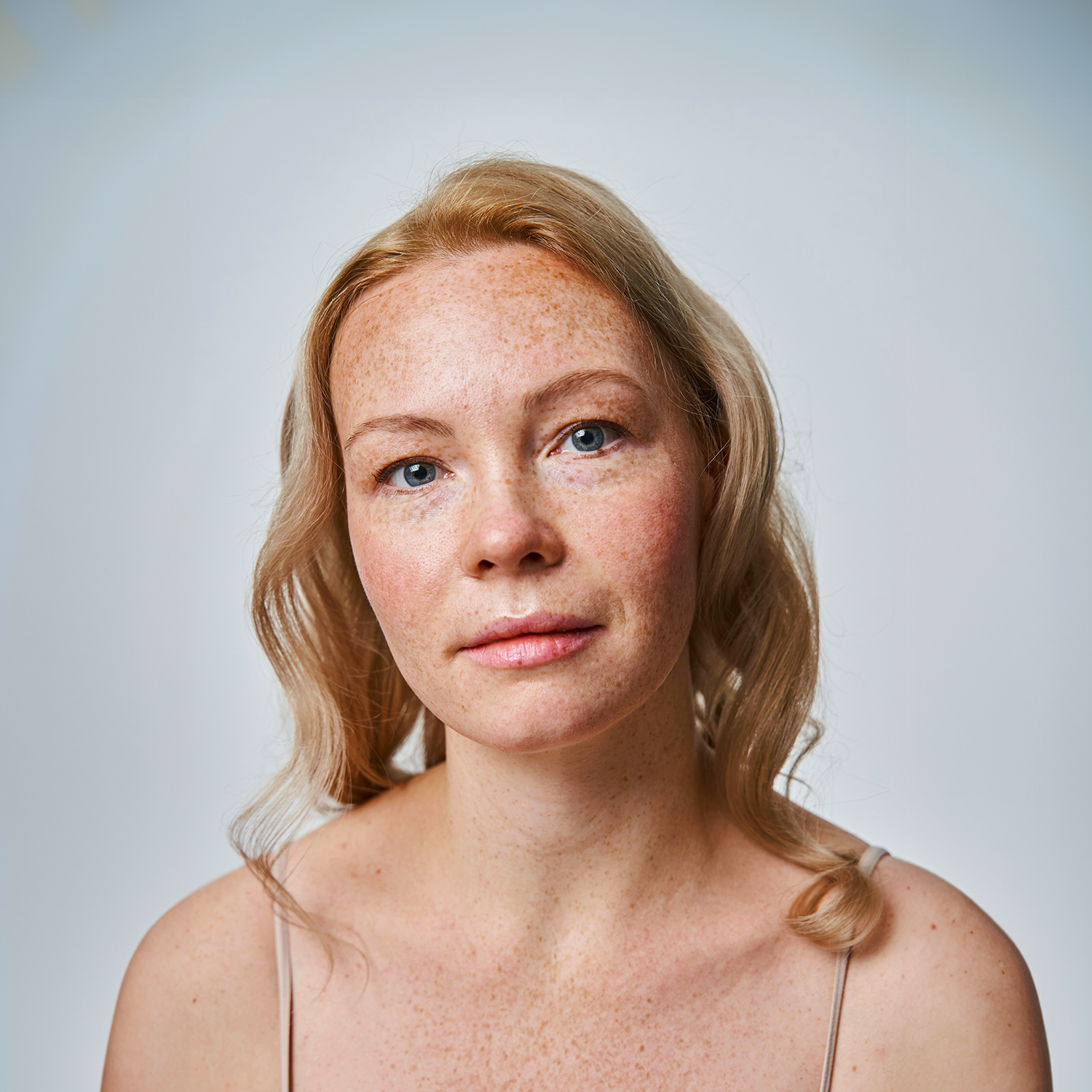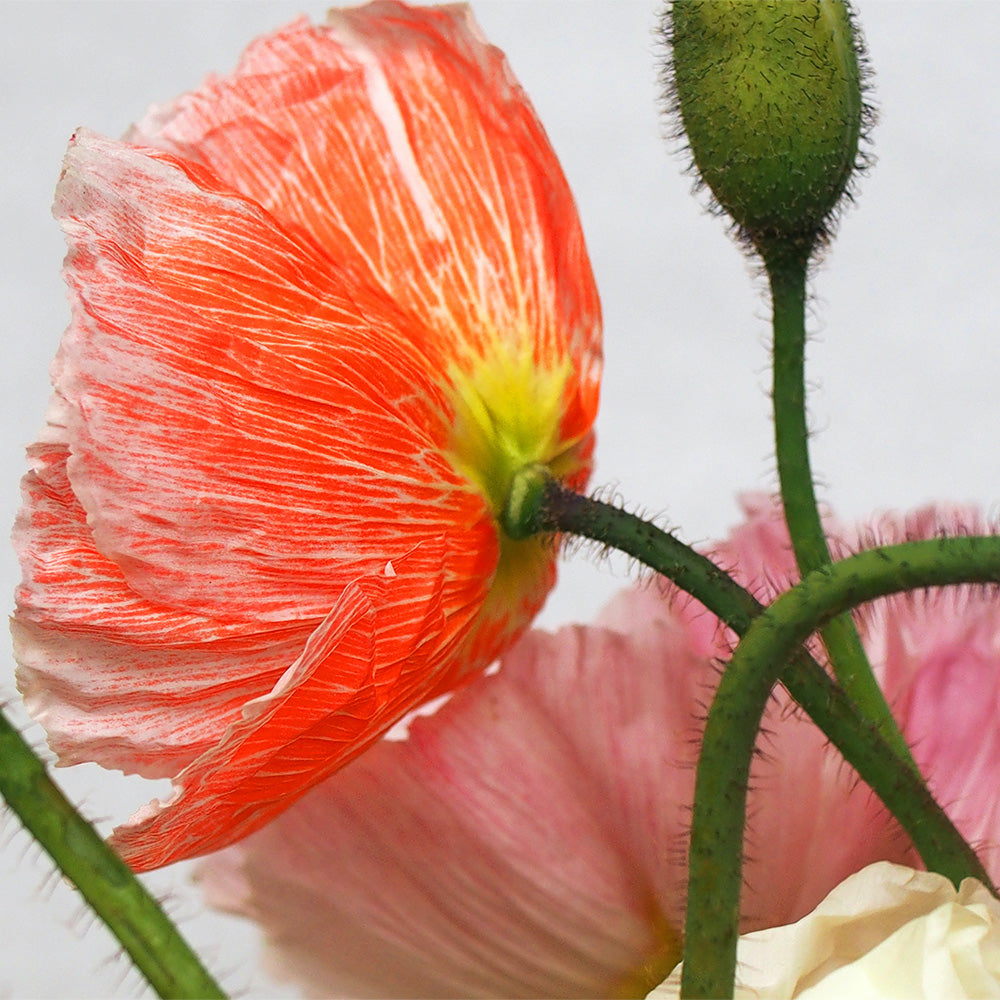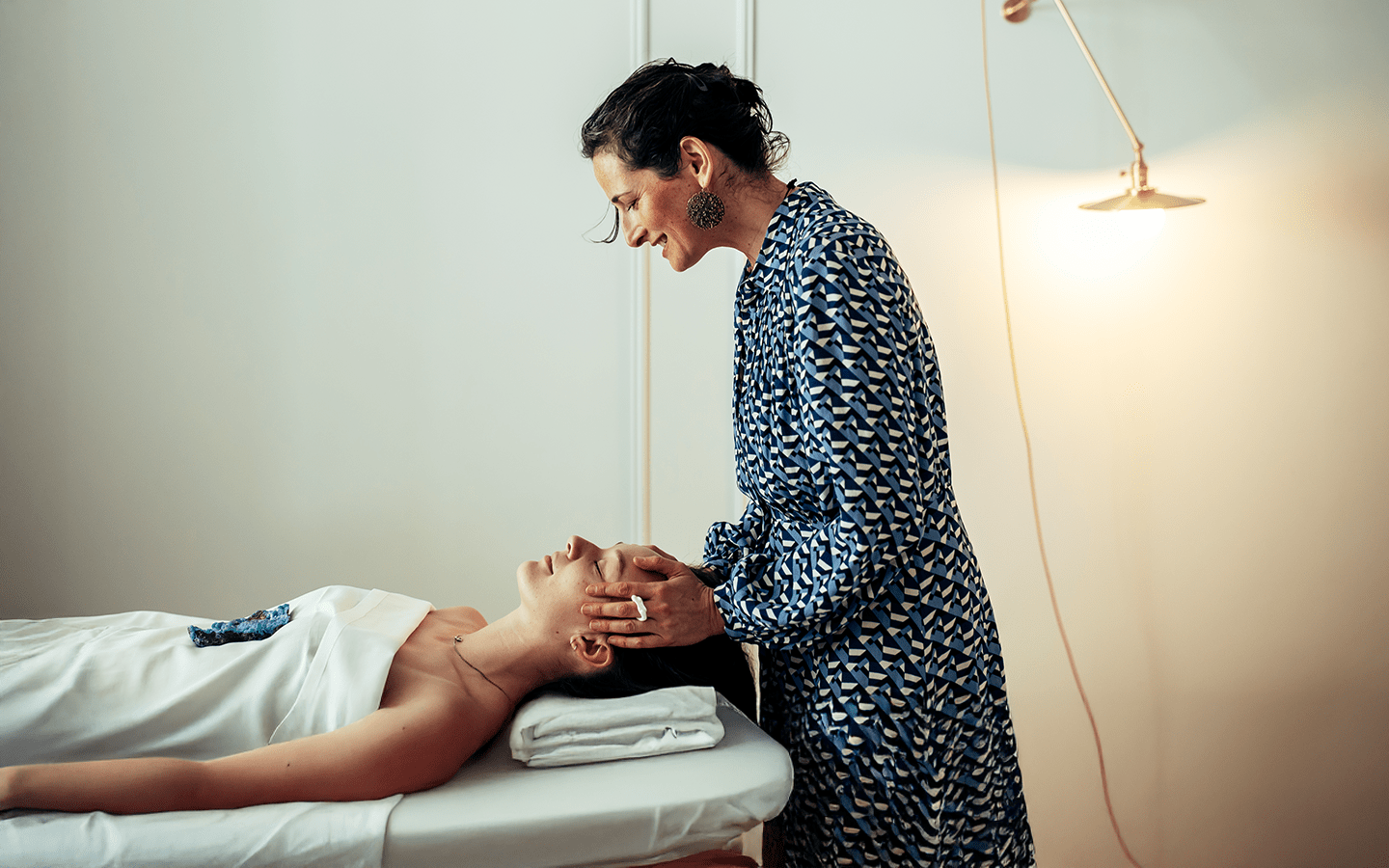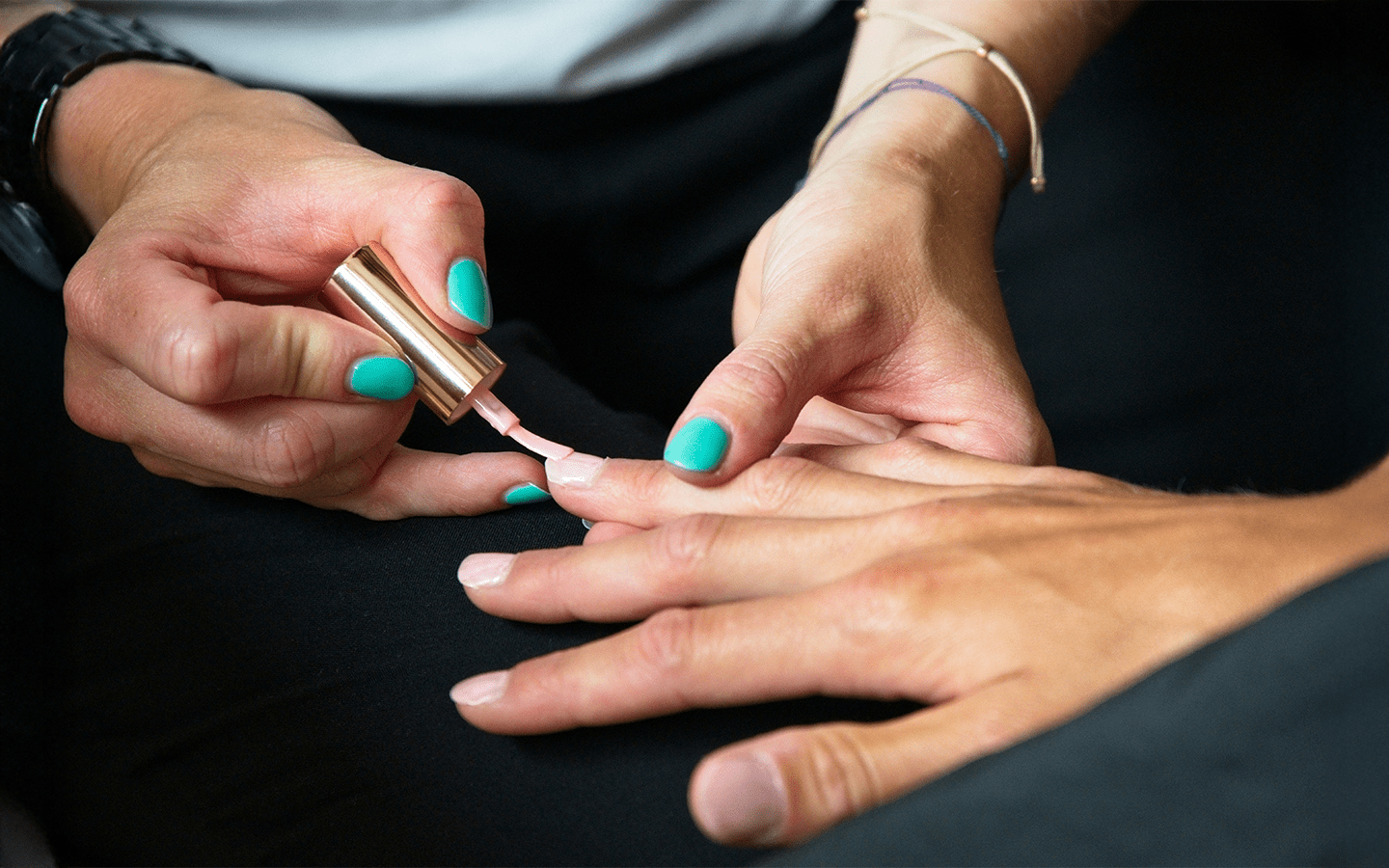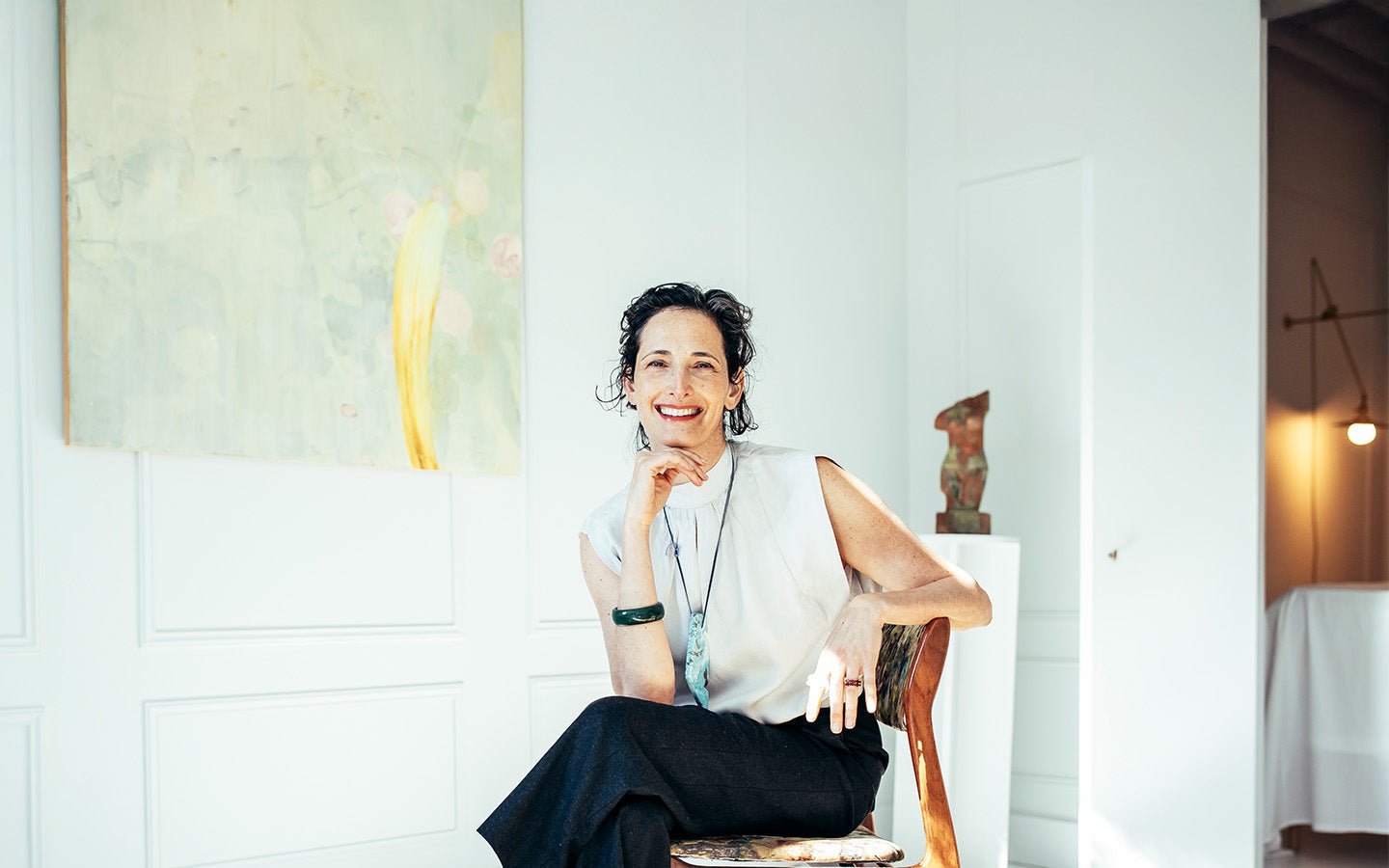
Healing Trauma: A Holistic Approach to Reclaiming Your Life
In my 20 years as a Doctor of Acupuncture & Chinese Medicine, I've witnessed firsthand how trauma affects not just the mind, but the entire being. Trauma isn't merely psychological—it reverberates through our physical body, disrupts our emotional balance, and can disconnect us from our sense of purpose and joy. As women navigating life's challenges, understanding trauma through a holistic lens can be transformative for our healing journey.
Understanding Trauma's Whole-Body Impact
When we experience trauma, whether from a single devastating event or repeated chronic stress, our nervous system adapts to protect us. This protective response can become stuck in our bodies, manifesting as physical symptoms like chronic pain, digestive issues, or sleep disturbances. Emotionally, we might experience anxiety, depression, or emotional numbness.
What makes trauma particularly challenging is how it fragments our experience—separating mind from body, emotion from cognition, and often disconnecting us from our sense of self. This is why treating trauma requires a comprehensive approach that addresses all these dimensions.
The Power of a Holistic Approach
A holistic approach to trauma recovery recognizes that healing must occur across multiple levels:
Acupuncture and Traditional Chinese Medicine
In my practice, I've seen remarkable transformations through acupuncture's ability to rebalance the body's energy systems. Acupuncture helps regulate the nervous system by activating the parasympathetic "rest and digest" response, counteracting the hyperarousal often experienced with trauma.
The gentle insertion of fine needles at specific points helps release blocked energy (qi) and promotes circulation. This can be particularly beneficial for trauma survivors who hold tension in their bodies. Many of my patients report feeling a profound sense of relaxation during and after treatments—sometimes experiencing this sensation for the first time in years.
Chinese herbal formulas can further support this balance, addressing specific patterns of disharmony that manifest differently in each person. This personalized approach recognizes that no two trauma experiences are identical.
Reconnecting with the Body: Somatic Therapies
Trauma often causes us to dissociate from bodily sensations as a protective mechanism. Somatic therapy techniques help rebuild a healthy relationship with our physical selves through:
-
Mindful body awareness exercises that gently guide attention to physical sensations
-
Grounding techniques to help manage overwhelming emotions
-
Breath work to regulate the nervous system
-
Gentle movement practices that release stored tension
These approaches acknowledge that trauma is stored in the body and must be released physically, not just processed cognitively.
Mindfulness and Meditation Practices
Practices that cultivate present-moment awareness can be powerful tools for trauma recovery. Mindfulness helps us observe our thoughts and feelings without judgment, creating space between traumatic memories and our responses to them.
Regular meditation practice strengthens our ability to stay present rather than being pulled into trauma responses. It can also foster self-compassion—an essential quality for healing.
Integrating Eastern and Western Approaches
While traditional talk therapies like cognitive-behavioral therapy (CBT) or eye movement desensitization and reprocessing (EMDR) offer valuable tools for processing trauma, they're even more effective when combined with body-centered approaches.
In my practice, I often collaborate with psychotherapists, creating a comprehensive treatment plan that addresses both the cognitive aspects of trauma and its physical manifestations. This integrated approach honors the complex nature of trauma and provides multiple pathways to healing.
A Story of Transformation: My Own Journey
I didn't realize I was carrying trauma until I was in my early 20s, when debilitating panic attacks suddenly became part of my daily experience. It was only then that memories began to surface—of being put into therapy at six years old, of the subtle but pervasive message that I was somehow broken. Even today, my mother's narrative is that "the doctor fixed me," words that carried an immense weight I didn't understand until much later.
It's remarkable how a childhood experience and a few seemingly innocuous words can hold so much power over us. Those early messages became embedded in my nervous system, in my sense of self, only to emerge years later when my defenses were down.
Part of my journey as a healer has been to heal myself first. Each step I've taken to understand and integrate my own trauma has deepened my capacity to help others. When my patients tell me "I am traumatized," I have more than clinical knowledge—I have an embodied understanding of what they mean. I know how trauma can hide in plain sight, masquerading as personality traits or unexpected physical symptoms.
My personal healing journey has involved all the modalities I now offer—acupuncture to release the energetic blocks in my body, somatic practices to rebuild my sense of safety, and mindfulness to create space around triggering thoughts. This integration has allowed me to reclaim parts of myself that were disconnected, to transform my relationship with my history from one of shame to one of compassion and wisdom.
This is why I believe so deeply in a holistic approach to trauma recovery. I've lived it. And I've seen how passing along these learnings has created ripples of healing far beyond my own experience.
Your Personal Healing Journey
If you're on a path to heal from trauma, here are some gentle suggestions to support your journey:
-
Start where you are: There's no "right way" to heal. Begin with practices that feel accessible and safe for you.
-
Build a supportive team: Consider working with practitioners who understand trauma and take a holistic approach. This might include an acupuncturist, therapist, somatic practitioner, or other healing professionals.
-
Honor your body's wisdom: Your body often signals what it needs for healing. Learning to listen to these signals—whether they're calling for rest, movement, connection, or solitude—is a powerful healing practice.
-
Practice self-compassion: Healing isn't linear. There will be setbacks and difficult moments. Treating yourself with the same kindness you would offer a dear friend can make the journey more sustainable.
-
Embrace small daily practices: Simple rituals like morning breathing exercises, evening journaling, or mindful walks in nature can create a foundation for deeper healing work.
Embracing the Journey
Healing from trauma isn't about erasing painful experiences—it's about integrating them into our life story in a way that allows us to move forward with greater resilience, wisdom, and compassion. It's about reclaiming our capacity for joy, connection, and purpose.
As a practitioner who has walked this path myself, I can tell you that transformation is possible. The path isn't always easy, but with each step, we rediscover our innate capacity for wellness and wholeness.
If you're currently on this path, know that you're not alone. Your healing matters—not just for yourself, but for all those whose lives you touch. By reclaiming your life from trauma, you contribute to the healing of our collective consciousness.
Wherever you are in your journey, I honor your courage and resilience. Yes, you can reclaim your life, and in doing so, discover new depths of strength and wisdom within yourself.
